Don’t Let an Earthquake Damage Your Plumbing
Posted by Moore Home Services
Plumbing
Almost every part of living in California is great, except for one thing: earthquakes. It seems like we’re always on high alert for the next big quake. Though most earthquake preparedness pieces talk about protecting the things inside your house, we’re going underground. Life in California means dealing with earthquakes. Learn the steps you can take to stop any earthquake damage your plumbing.
How An Earthquake Can Affect Your Plumbing
Earthquakes literally move the earth. This can have major consequences not just for your home, but for the things under your home, like the pipes in your plumbing system.
During an earthquake, your pipes can shift, bend, or even break. This has the potential to damage to your main sewer line, home plumbing system, and even appliances that use water like your sinks, tubs, and washing machines.
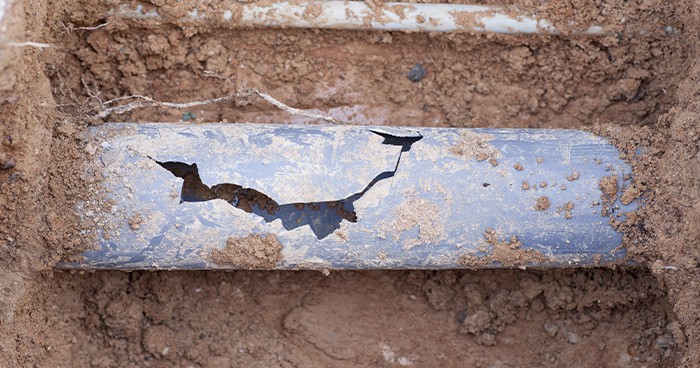
This next bit is so important it’s now a safety code. Your water heater needs proper
earthquake straps. These straps support the water heater and keep it from damaging itself, or anything else, during an earthquake. If it were to fall, you could face the threat of fire, a gas leak, and property damage.
Making sure the earthquake straps are up to code and ready for any disaster is an easy task that can prevent major damages during and after an earthquake.
When You’re Safe: Check for Water Leaks
The first thing you should do if you notice a post-quake leak is to turn off the main water supply. This quick action can save a lot of time, effort, and money in potential repairs.
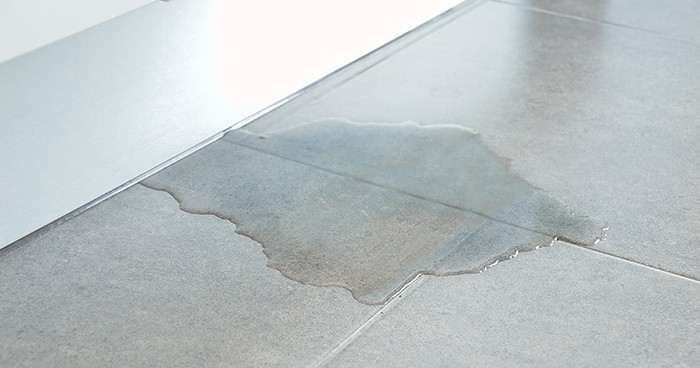
There are pipes that run throughout the walls of your home. If your home has no visible damage and you feel safe staying inside, here are a few
things to look for:
- Search for any wet spots on your walls or floor. This is a sign a pipe is burst or broken.
- Listen for sounds of running or dripping water.
- A sudden change in water pressure can indicate a broken pipe and a subsequent water leak.
When You’re Safe: Check for Gas Leaks
This is where things can get dangerous. Gas leaks are harmful, and even deadly, to anyone in your home.
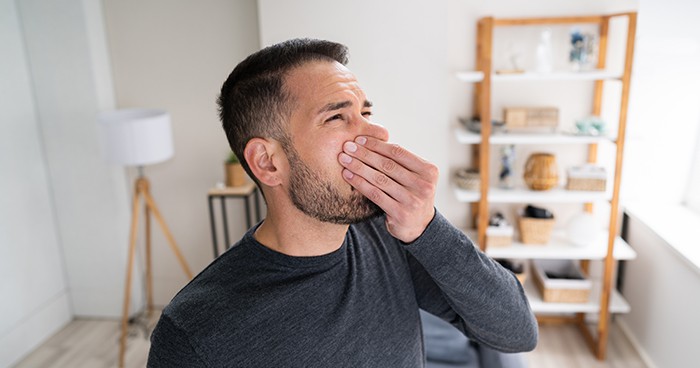
The best way to check for a gas leak is with your nose. Natural gas has no smell, but companies add a strong odor to it, similar to rotten eggs, that can alert you if any gas is leaking in your home.
You can also use your hearing to detect a gas leak. Sometimes, a gas leak can make a distinct hissing sound.
When You’re Safe: Check the Sewer Line for Damage
Your sewer line has one of the worst jobs. It takes all the waste and wastewater from your home, and deposits it into a facility where it can be processed. Now, imagine if your sewer line breaks. That waste is now all over your lawn and under your house.
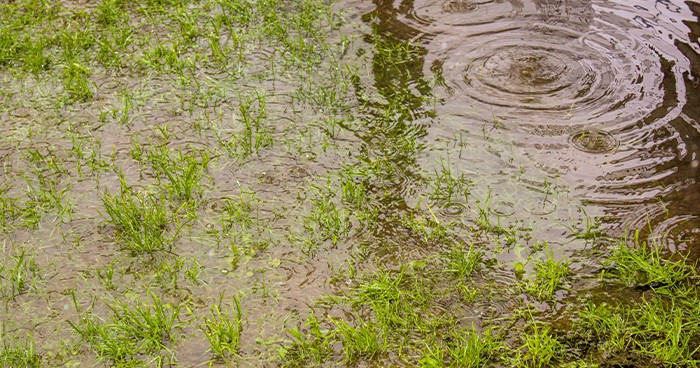
Unchecked sewage waste can lead to major health issues like bacterial infections. The gas can also be incredibly toxic to anyone sensitive to it.
This is another instance when you’ll need to use your nose. The best way to detect a sewage leak is by smelling for one. The distinct odor of waste is almost always a surefire sign there’s a leak or break in the pipe.
It’s also good to keep an eye out for unusual wet spot in the yard and any sewage or wastewater backup in your sinks or tubs.
Minimize the Risk
Unlike your car, you can’t look under the hood of your plumbing system to see what’s wrong. Generally, it takes a specialized camera and maybe some digging to see what is truly wrong with your plumbing when there’s a problem.
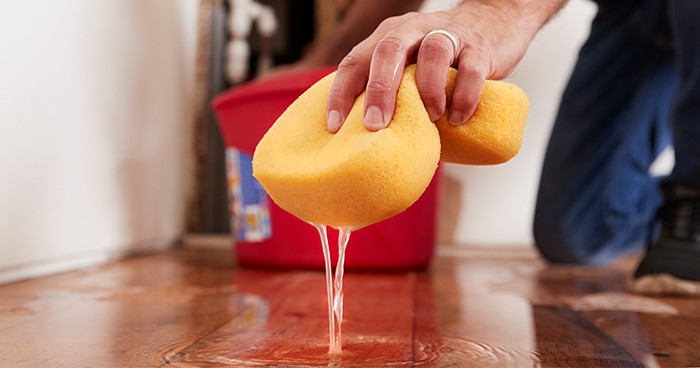
Don’t worry too much though, a little preventative maintenance is much better than a pound of cure. Here are some things you can do to help minimize the risk of any earthquake induced plumbing problems.
- Check any leaks before they become too big
- Even the smallest leaks can be an indicator of a larger problem. The best way to mitigate risk is to have even small leaks checked by a professional.
- Know where your water shut-off valve is and how to use it.
- In the case of a large quake and any visible leaks or flooding, you will need to turn off your water. Locate your shut-off valve and ask a professional how to use it. This could mean the difference between a small fix and a huge case of water damage.
- Have a plumber out every year or two to clear your drains of any potentially damaging debris.
- Having a plumber inspect your pipes with a camera and clear away any existing clogs or debris is a great way to keep your plumbing system in shape.
Earthquake Safety Tips
After an earthquake, your first priority should be your family and anything living in your home. After that, you can worry about the house.
Here are a few of our favorite earthquake safety tips:
Before the quake:
- Work with your family to put together an earthquake plan. Map out a meeting area and locate any exits in your home. Don’t forget to include your pets in this plan.
- Put together an emergency supply kit with water, food, emergency phone numbers, medical information, and identification.
- Make sure your home, and the contents inside of it, are earthquake safe.
- Download any apps that will give real time updates of happenings in your area.
During the Quake:
- If you are driving, pull the car over, engage the parking brake, and wait out the quake.
- Caught in bed? Cover your head and neck with pillows and turn face down.
- Outside? Stay away from any large buildings. Find an empty spot and wait it out.
- Inside? Stay there. Don’t try to run outside. Avoid doorways and remember to drop, cover, and hold on.
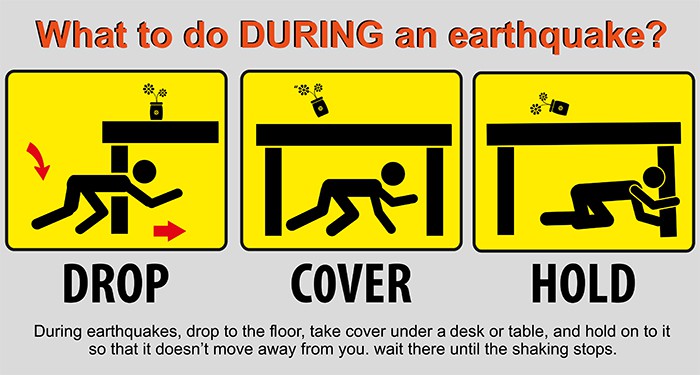 After the Quake:
After the Quake:
- First, make sure you are not hurt. Then go check on everyone else in your home.
- Expect at least one aftershock if not more.
- If there is visible damage to your home, get everyone outside as fast as possible.
- Use text messages to check in with others. Texts are more reliable than phone calls.
Keep your pipes in tip-top condition with the experts at Moore Home Services!
Schedule an appointment today.







